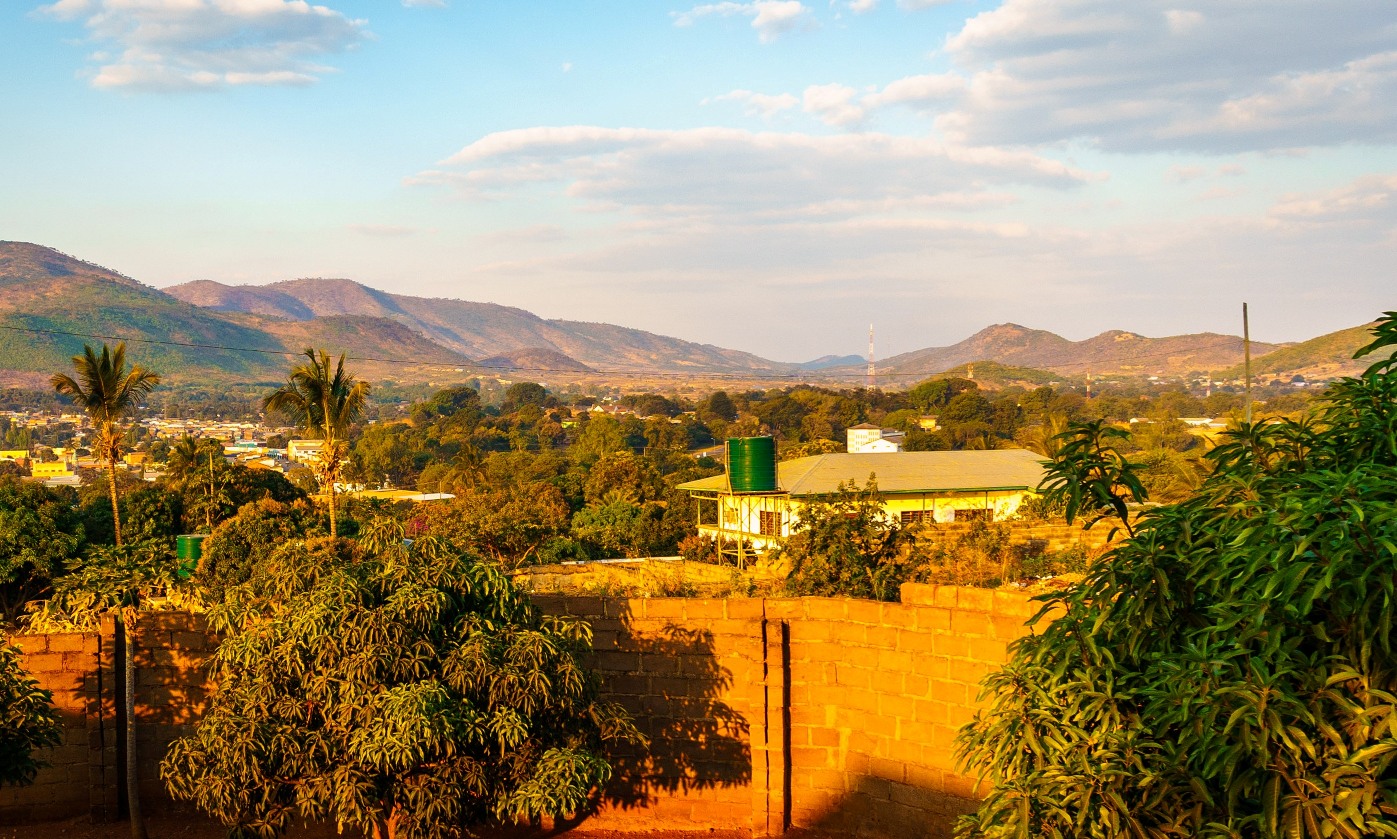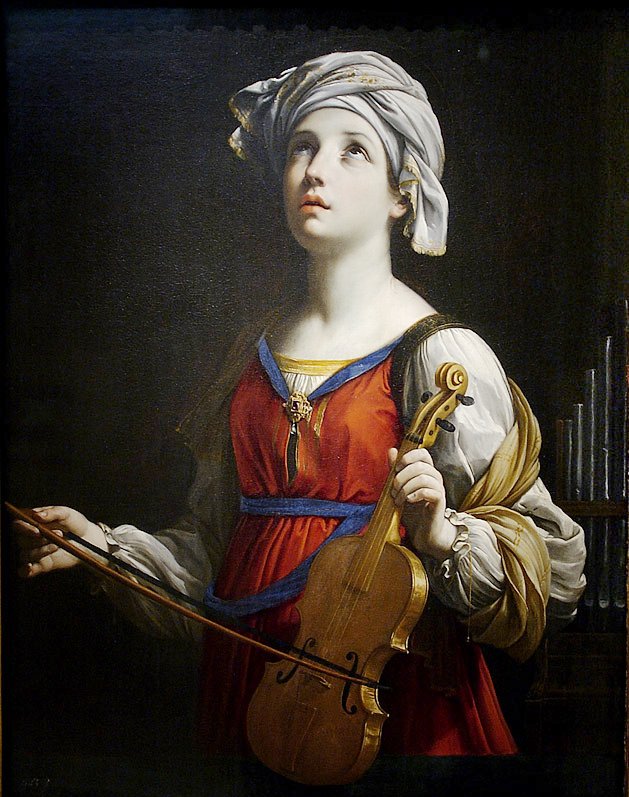|
Lazarus Tembo
Lazarus Tembo was one of Zambia's most popular singers. He was born in the Eastern Province of Zambia, went blind at the age of eight, and eventually, under President Kaunda, became Zambia's Junior Minister of Culture. A Zambian folk music award was named after him. He also supported the work of the Lusaka Nutrition Group, an organisation which was a precursor to the work of Makeni Ecumenical Centre, before 1971. Selected Songs #''Mtandezeni'' #''Baby Feeding Song '' #''Ulwimbo Lwakulisho Mwana '' #''Nyimbo Ya Podwetsa Mwana '' #''Malambo'' #Jeni #Kola #Chitukuko Na Mowa #Ukwati Ndi M'tima #Ndayenda yenda #Umukolwe kokoliko #Gozha Ng'ombe #Njala #Wokondedwa #Kaleya # References * * * 20th-century Zambian male singers Blind musicians People from Eastern Province, Zambia Zambian people with disabilities {{Zambia-bio-stub ... [...More Info...] [...Related Items...] OR: [Wikipedia] [Google] [Baidu] |
Zambia
Zambia (), officially the Republic of Zambia, is a landlocked country at the crossroads of Central Africa, Central, Southern Africa, Southern and East Africa, although it is typically referred to as being in Southern Africa at its most central point. Its neighbours are the Democratic Republic of the Congo to the north, Tanzania to the northeast, Malawi to the east, Mozambique to the southeast, Zimbabwe and Botswana to the south, Namibia to the southwest, and Angola to the west. The capital city of Zambia is Lusaka, located in the south-central part of Zambia. The nation's population of around 19.5 million is concentrated mainly around Lusaka in the south and the Copperbelt Province to the north, the core economic hubs of the country. Originally inhabited by Khoisan peoples, the region was affected by the Bantu expansion of the thirteenth century. Following the arrival of European exploration of Africa, European explorers in the eighteenth century, the British colonised the r ... [...More Info...] [...Related Items...] OR: [Wikipedia] [Google] [Baidu] |
Eastern Province, Zambia
Eastern Province is one of Zambia's ten provinces. The province lies between the Luangwa River and borders with Malawi to the east and Mozambique to the south, from Isoka in the northeast to the north of Luangwa in the south. The provincial capital is Chipata. Eastern province has an area of , locally shares border with three other provinces of the country and is divided into fifteen districts. As per the 2010 Zambian census, Eastern Province had a population of 1,592,661, accounting to 12.16% of the total Zambian population. The sex ratio was 1,030 for every 1,000 males. As of 2010, Chewa was the largest community in the region with 39.7 per cent of the total population and Chewa was the most widely spoken language with 34.6 per cent speaking it. On the tourism front, the province has four national parks. The province has two significant traditional ceremonies being the Nc'wala festival celebrated in Chipata District by the Ngoni tribe during February and the Chewa Kulamb ... [...More Info...] [...Related Items...] OR: [Wikipedia] [Google] [Baidu] |
Kenneth Kaunda
Kenneth David Kaunda (28 April 1924 – 17 June 2021), also known as KK, was a Zambian politician who served as the first President of Zambia from 1964 to 1991. He was at the forefront of the struggle for independence from British rule. Dissatisfied with Harry Nkumbula's leadership of the Northern Rhodesian African National Congress, he broke away and founded the Zambian African National Congress, later becoming the head of the socialist United National Independence Party (UNIP). Kaunda was the first president of independent Zambia. In 1973, following tribal and inter-party violence, all political parties except UNIP were banned through an amendment of the constitution after the signing of the Choma Declaration. At the same time, Kaunda oversaw the acquisition of majority stakes in key foreign-owned companies. The 1973 oil crisis and a slump in export revenues put Zambia in a state of economic crisis. International pressure forced Kaunda to change the rules that had kept him i ... [...More Info...] [...Related Items...] OR: [Wikipedia] [Google] [Baidu] |
Folk Music
Folk music is a music genre that includes traditional folk music and the contemporary genre that evolved from the former during the 20th-century folk revival. Some types of folk music may be called world music. Traditional folk music has been defined in several ways: as music transmitted orally, music with unknown composers, music that is played on traditional instruments, music about cultural or national identity, music that changes between generations (folk process), music associated with a people's folklore, or music performed by custom over a long period of time. It has been contrasted with commercial and classical styles. The term originated in the 19th century, but folk music extends beyond that. Starting in the mid-20th century, a new form of popular folk music evolved from traditional folk music. This process and period is called the (second) folk revival and reached a zenith in the 1960s. This form of music is sometimes called contemporary folk music or folk rev ... [...More Info...] [...Related Items...] OR: [Wikipedia] [Google] [Baidu] |
Blind Musicians
Blind musicians are singers or instrumentalists, or in some cases singer-accompanists, who are legally blind. Resources Historically, many blind musicians, including some of the most famous, have performed without the benefit of formal instruction, since such instruction relies extensively on written musical notation. However, today there are many resources available for blind musicians who wish to learn Western music theory and classical notation. Louis Braille, the man who created the braille alphabet for the blind, also created a system of classical notation for the blind called Braille music. This system allows the blind to read and write music much as the sighted do. The largest collection of Braille musical scores is located at the Library of Congress in Washington, D.C. Outside the U.S., the largest collection of braille music scores is stored at the National Library for the Blind in England. Computer technology and the Internet make it possible in theory for blind m ... [...More Info...] [...Related Items...] OR: [Wikipedia] [Google] [Baidu] |
People From Eastern Province, Zambia
A person ( : people) is a being that has certain capacities or attributes such as reason, morality, consciousness or self-consciousness, and being a part of a culturally established form of social relations such as kinship, ownership of property, or legal responsibility. The defining features of personhood and, consequently, what makes a person count as a person, differ widely among cultures and contexts. In addition to the question of personhood, of what makes a being count as a person to begin with, there are further questions about personal identity and self: both about what makes any particular person that particular person instead of another, and about what makes a person at one time the same person as they were or will be at another time despite any intervening changes. The plural form " people" is often used to refer to an entire nation or ethnic group (as in "a people"), and this was the original meaning of the word; it subsequently acquired its use as a plural f ... [...More Info...] [...Related Items...] OR: [Wikipedia] [Google] [Baidu] |




_1938.jpg)